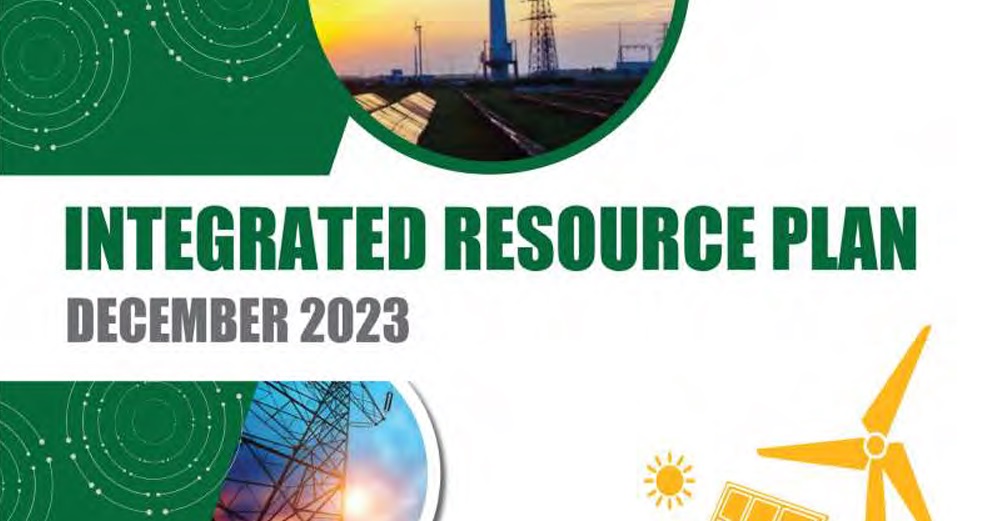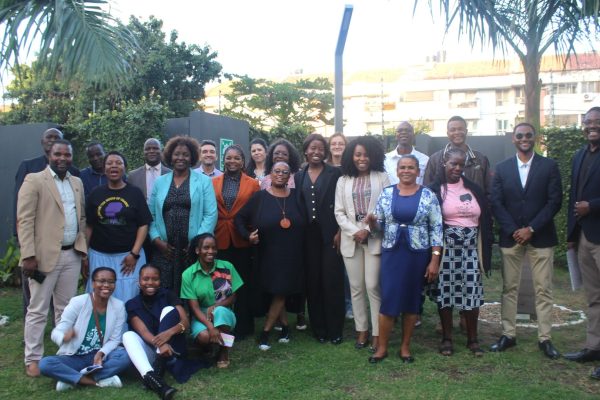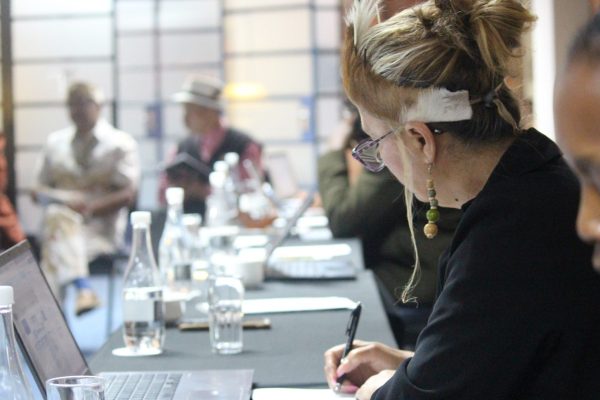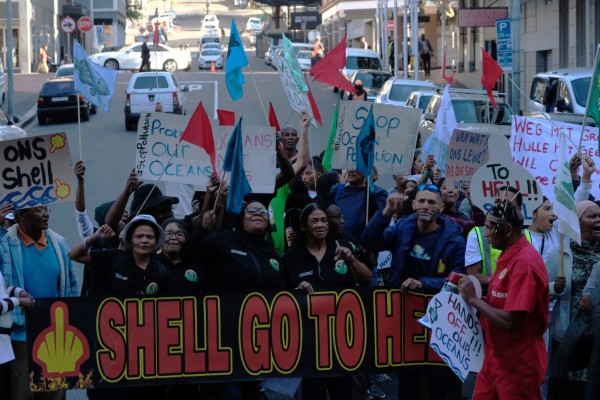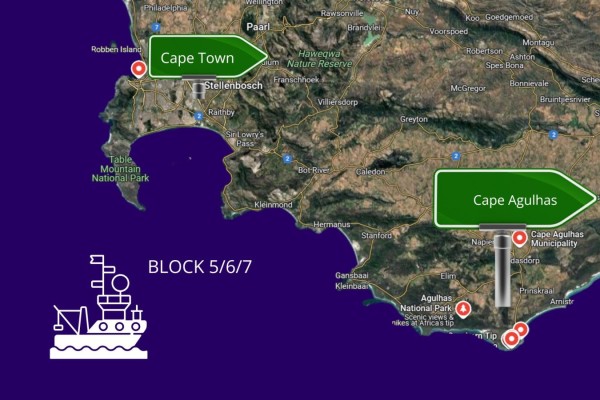Why Energy Security is the wrong focus of South Africa’s Intergrated Resource Plan 2023
In December 2023, the South African Department of Mineral Resources published a draft Integrated Resources Plan (IRP2023). The public were able to submit comments until 23 March 2024 (previously this was 23 February 2024 but changed due to numerous requests for extensions).
Natural Justice, with support from the Just Energy Transition Africa (JETA) Initiative, has made comments on the IRP2023 (comments here). One of the key concerns raised is that the IRP2023 only focuses on the principle of energy security. The comments made by Natural Justice argue that energy justice should be the standard for energy mixes across the world and is becoming internationally recognised as the requirements for energy planning.
According to the International Energy Agency, energy security is “the uninterrupted availability of energy sources at an affordable price. Energy security has many aspects: long-term energy security mainly deals with timely investments to supply energy in line with economic developments and environmental needs.”
In South Africa, the focus rests on supply of energy at least cost in the short term, not considering the long-term economic costs and supply chains, as well as the implications for people and planet.
On the other hand, energy justice speaks to achieving equity, affordability, accessibility and participation in energy systems and the energy transition including improving justice throughout the energy life cycle for each energy source and addressing historical injustices.
Problematic outcomes due to energy security focus
Due to the focus on energy security as a criterion, conclusions made by the IRP2023 were incorrectly reached. An analysis of the IRP2023 shows that government prefers that an energy mix of gas, nuclear, large-scale hydro and coal should be used, and that the investment into renewable energy is not cost competitive for addressing energy security. This is due in part to the following observations:
- Coal, gas, and nuclear energy are typically assessed based solely on their direct energy costs, rather than considering the entirety of their supply chains and the associated environmental and social impacts. The first two being fossil fuels with pollution and climate change implications, while nuclear is extraordinarily expensive, means that there are economic and environmental costs that need to be considered. This lack of comprehensive analysis raises questions about the transparency and methodology behind the assumptions made regarding energy costs.
- Despite its limited prior usage in previous IRPs, concentrated solar power (CSP) is positioned as the predominant renewable energy source, despite evidence suggesting its significant upfront costs. Solar photovoltaic is cheaper though not able to store energy as easily. However, a combination of these two could be more effective or using solar photovoltaic more. This suggests that the results of renewable energy planning may be skewed towards selecting the least affordable option and not considering combinations of renewable energy.
Energy Justice
Energy justice uses the lens of distributive, procedural and restorative justice as in the Just Energy Transition Framework of South Africa mentioned below. The principles of energy justice as described by B Sovacool and M H Dworkin are: availability of energy to all people, accessibility of energy including for the poor, due process including respecting human rights, transparency and accountability, sustainability, intergenerational equity meaning future generations enjoy a good life without damage from the energy systems today, and responsibility which every nation in the world has to protect the environment.
Understanding and incorporating the principles of energy justice into policy processes is crucial in energy planning as it ensures that energy resources are distributed fairly, benefits are accessible to all members of society, and environmental concerns are addressed.
Standards for energy choices
Though energy security is important, it cannot be the sole criteria for energy choices. If we speak about low-cost energy, it is easy to compare energy sources without looking at their value chains and come to conclusions such as the ones reached by the latest draft of the IRP2023, that gas will be cheaper, or that the use of diesel generators are the best way to secure energy supply amidst a self-created energy crisis.
The principles of energy justice, which find their expression within the Constitution and the Bill of Rights, the National Environmental Management Act and the White Paper on Energy Policy of 1998, align more closely with South Africa’s institutional legal frameworks. The IRP2023 starkly diverges from South Africa’s pledges to mitigate carbon and methane emissions by favouring economic gains and so called “energy security” over environmental and socio-economic considerations. Further it fails to consider the imminent Climate Change Act which binds all organs of states and importantly highlights the urgent need for a just transition. By maintaining a focus on fossil fuel-based energy systems, the plan not only undermines efforts to reduce greenhouse gas emissions but also perpetuates reliance on unsustainable energy sources.
If the principles of energy justice are not pursued, a country’s energy mix can violate human rights, damage the environment, whilst failing to address the root causes of energy poverty, and will very likely result in an unsustainable, inequitable, and non-inclusive energy system that fails to meet the needs of both current and future generations.
Furthermore, the failure to address the financial implications of these energy choices raises concerns about equity and accountability, as the burden of potential environmental and social costs remains unacknowledged. This misalignment underscores the urgent need for the Department of Mineral Resources and Energy to prioritize the development of an integrated resource plan that aligns with the imperative to transition towards energy systems that can facilitate rapid decarbonization, thereby ensuring a sustainable future for South Africa.
The legal framework for energy planning in South Africa
The Constitution is supreme law and, for energy, the following rights apply: the right to life, dignity, and a healthy environment, and the government’s responsibility to provide electricity.
The White Paper on Energy Policy 1998 states four objectives, besides energy security, for energy planning: 1) access to affordable energy services, 2) improved energy governance, 3) energy for economic development and 4) managing energy-related environmental and health impacts.
The National Environmental Management Act 107 of 1998 (NEMA) applies to integrated energy planning as energy draws on natural resources of South Africa. The principles outlined in NEMA articulate the importance of responsible and equitable use of resources, avoidance of waste and pollution, which further reinforces the principle of distributive justice.
The Just Transition Framework by the Presidential Climate Change Commission states three main principles: Distributive justice – who will benefit and who will be burdened by decisions, restorative justice – redress of past harms including the damage caused by coal and other fossil fuels and procedural justice – importance of active participation in policy-making.
The Climate Change Bill is not law yet, but it is imminent. Once the Bill is law, it will bind all organs of state. If any law is in conflict, the Climate Change Act will prevail. The Bill speaks to South Africa’s international commitment to work towards the goal of zero carbon emissions by 2050.

